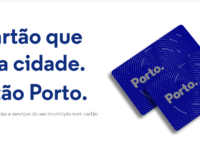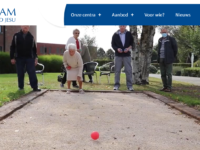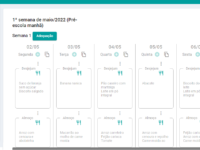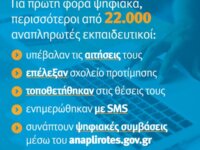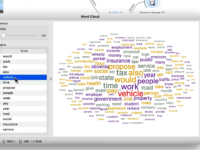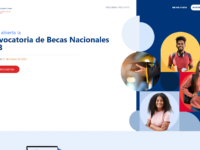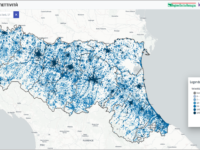"Electronic Quoter"" is a Peruvian purchasing innovative tool which consists of the implementation of information service aimed at public entities that contract through the Electronic Catalogues of Framework Agreements. It allows them to estimate the price of the goods contained in their purchase request and has allowed them to reduce the time of the preparatory actions of the procurement process from 68.1 calendar days to only 1 day, for the benefit of 2,000 public entities and the citizens…
Innovation Tag: Process Improvement/Simplification
The Porto Citizen Card is designed to identify residents, but above all to offer them privileged use of their city, advantages and benefits in accessing experiences and services of the Municipality. With 46,126 active users, the innovation combines a physical card with a digital platform that integrates a website, a cardholder database, and resources to support current and new services. By concentrating several municipal service access and resources in one card, Porto residents are more aware of…
The implementation of the OKRs (Objectives and Key Results) methodology in the National Agency on Corruption Prevention (NACP) was developed to address performance management, transparency, and team clarity and coordination issues. OKRs have benefited the organization by providing a structured framework to set, track, and measure objectives, thus improving accountability and goal alignment. This marks the first experience of implementing this approach in the Ukrainian public sector, drawing…
More than 80% of the residents in residential elderly care suffer from unwanted urine loss. This is why care staff check on them regularly, day and night. In order to minimize these disturbing and time-consuming incontinence rounds, the residential care organization Zorg-Saam set out to test new incontinence solutions equipped with sensor technologies that detect when bandages are saturated and alert care staff. With this innovation, supported by the The Programme for Innovation Procurement of…
Enhanced access to public service delivery for citizens forms the very core of good and responsive governance. However, this often becomes a challenge, as, accessing government services can be a hassle for citizens. Citizens can experience long queues at government offices, inconsistencies in the required documentation, among others. ‘Doorstep Delivery of Public Services’ was designed to solve this problem. The program allows citizens to access government services from the comfort of their…
Smart School Nutrition (Alimentação Escolar Inteligente - AEI) is a web application and platform that supports school to avoid food waste and contributes to a balanced school nutrition through its intelligent menu creation and food stock management assistant. According to Brazil without Hunger (Brasil sem Fome), there are 33 million families suffering from hunger and 125 million living with food insecurity. This is happening in a context where one third of the world's food is being wasted…
The Greek education system needs about 50,000 substitute teachers every year to staff schools. In order to begin teaching, these teachers have to travel to their district education headquarters to sign their one year contract with the state. Through the Substitute Teachers Platform, the contract is signed digitally, avoiding unnecessary travelling and allowing for the necessary information systems of the public administration to be updated in an interoperable way. This innovation thus saves…
Every day, civil servants and officials are confronted with many voluminous documents that need to be reviewed and applied according to the information requirements of a specific task. This is the case when making decisions, drafting legislation and policies, reviewing legislation and policies, assessing the impact of legislation and policies, carrying out various analyses, describing data sources and services, and many other tasks. To enhance the processing efficiency and comprehensive analysis…
The Unique Scholarship Portal (Portal Único de Becas “Beca tu Futuro”) is a web platform that aims to concentrate all scholarship opportunities in a single portal. In this way, it documents and manages everything from the publication of the call for applications to the awarding of scholarships. The portal benefits all the citizens of the Dominican Republic who wish to apply for a scholarship. Moreover, the portal serves as a management tool for the scholarships' evaluators and the…
Emilia-Romagna’s Digital Agenda led a significant innovation process for public administration decision-making. The process resulted in a co-design phase with local administrations to structure and publish online the first geo-referenced regional Observatory on ultra-broadband connectivity in Italy. Multi-stakeholder participation made it possible to identify and highlight the various strengths and weaknesses of the tool, enabling its optimisation.


